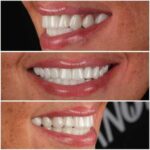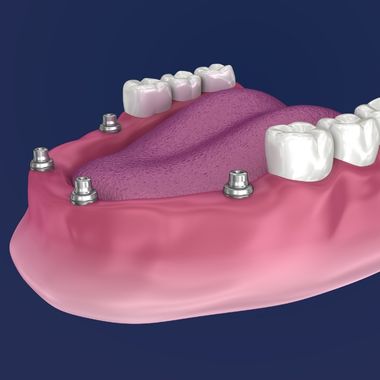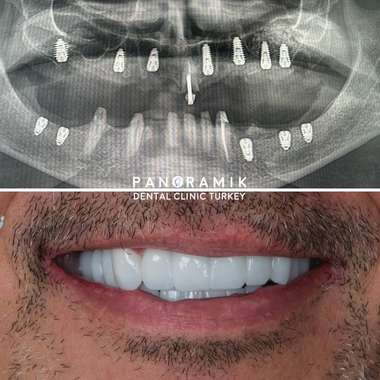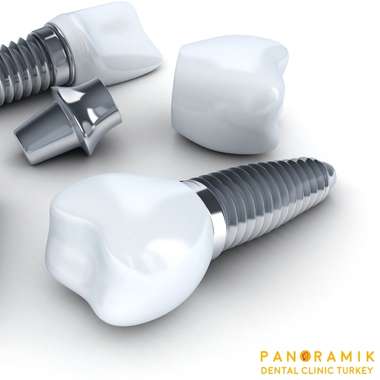
Dental Treatment During Pregnancy
November 1, 2023
How Long Dental Veneers Last?
November 3, 2023
Signs of Failed Implant
What Is Implant Rejection?
Dental implants are a treatment method to replace missing teeth. Implant rejection occurs when the implant does not take root in the jawbone.
If the implant does not take root, a new implant will have to be done. To avoid unsuccessful results after implantation, treatment should be carried out by a dental professional, regular check-ups, oral care and hygiene.
What Happens if the Implant Fails to Take Root?
If a tooth implant fails, the treatment must be repeated. If detected early, the failed implant can be reinserted, but if detected late, you must wait a few months for retreatment. During this period, the dentist must clean the area of infection and give the tissues time to heal.
How Can I Tell if An Implant Has Not Taken Root?
With the advancement of modern technology, the success rate of implant engraftment is 98%. However, if all the recommendations and precautions of the doctor are not followed, the implant may not take root in the jawbone.
Signs of Implant Failure Include the Following Symptoms
Toothache
Having a toothache in the first 2 weeks after implant surgery is considered normal. However, prolonged toothache can be a sign of implant failure. If the pain increases when pressure is applied to the implant area and medication does not help with the pain, you should see a dentist.
Implant Tooth Misalignment
One of the most common symptoms of a failed implant is implant tooth displacement. When the implant tooth has not fused and been placed in an integrated manner, the implant shifts and falls out.
Gum Inflammation
If an infection enters the gum after the implant is placed, the fusion of the implant to the bone will fail. In addition, if the failed implant is not treated within a short time, inflammation can occur in the gums. Along with infection in the tooth structure, side effects such as bad breath, pain and swelling of the jaw can occur.
Deficiency of Function
A successful implant should function like any other tooth. If the implant is not placed correctly, it cannot function in biting and chewing. Therefore, the placement of the implant must be re-done.
Sensitivity in the Tooth Structure
An implant placed in the wrong place in the tooth structure can cause numbness and tingling in the lip. The area where the implant is located may become more sensitive than normal.
Gum Recession
Also, improper implant placement can lead to gum recession. If you experience gum pain and gum recession after the implant is placed, it may be a sign of a failed implant.
Allergic Reaction
Allergic reactions are quite rare in implantation, but the presence of allergies is also a sign of an unsuccessful implantation. It is advisable to have an allergy test before implanting a tooth.
What Are the Causes of Implant Rejection?
The following are the main causes of implant rejection:
- Improper oral care,
- Weak bone structure,
- Bruxism,
- Poor oral hygiene,
- Excessive alcohol intake and smoking.
In addition to the above mentioned reasons, implants can also be unsuccessful if the dentist is inexperienced, the equipment is poor and the sanitary conditions in the clinic are poor.
If you want to undergo dental implant treatment and are looking for a dental clinic, you will receive quality and professional treatment from experienced dentists at Panoramic Dental Clinic in Antalya.




